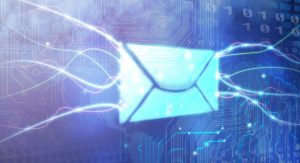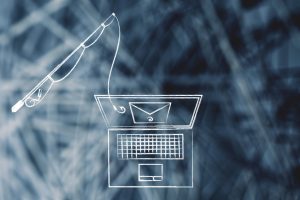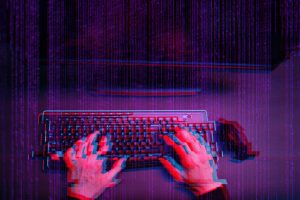DLP or Data Loss Prevention is recognised as one of the most potent tools companies can deploy to protect themselves and the information they handle from a breach. In many scenarios, the data held on file by firms is incredibly sensitive or includes private details about customers, clients, suppliers and vendors which is regarded as personally identifiable information (PII). With a duty to make sure that such data is never compromised and to avoid the consequences of severe fines from regulators, it is vital that every company establishes solid DLP protocols.
Email communications are an essential part of the way every modern business operates, and DLP is a key consideration for this channel. Despite its limitations in terms of security, email is still often used to share sensitive information with partners and customers. However, if secure solutions aren’t adopted to protect messages and the files attached to them, firms themselves and data subjects can be at risk.
The loss of data through email can happen in different ways. These include staff mistakenly sending messages to incorrect email addresses containing confidential data and business email systems infiltrated by threat actors. An accidental deletion of an email that cannot be recovered also constitutes as a data loss incident, as does employees sharing enterprise data if they fall foul of a phishing or social engineering attack.
To help companies protect against such unfortunate circumstances, in this blog we provide some advice for firms creating DLP protocols regarding email use.
Always encrypt company emails
From the CEO to frontline staff in customer services, every employee of an enterprise should be taught to encrypt their emails including the message they send, save and those waiting to transmit in drafts. As a result, if the company email system is hacked, all data featured in messages cannot be exploited. It’s important that encryption software is always user-friendly to ensure it is deployed correctly but provides robust protection against malicious operators.
Train personnel and use MFA
Routine phishing tests can keep your staff aware of attacks and trained to identify and report threats. Drill your employees to build a resilient workforce that act as watchdogs against threats.
DLP protocols don’t need to be complex. To safeguard email accounts, you can use strong passwords and multi-factor authentication and keep cybercriminals out.
Secure your email now
At Galaxkey, we understand that enterprise email and the data it contains is an attractive target for hacker and other malicious actors. As a result, we have engineered a full spectrum of cybersecurity tools designed to protect sensitive company and personal data and keep companies compliant with regulators like the Information Commissioner’s Office (ICO).
At the heart of all the solutions we supply is cutting-edge encryption providing a three-layer defence against attackers and accidental data exposure. Our encryption has the approval of the National Cyber Security Centre (NCSC) and can protect data whether it is being stored on your servers or sent via emails.
Contact us now to add email encryption to your DLP protocols.



